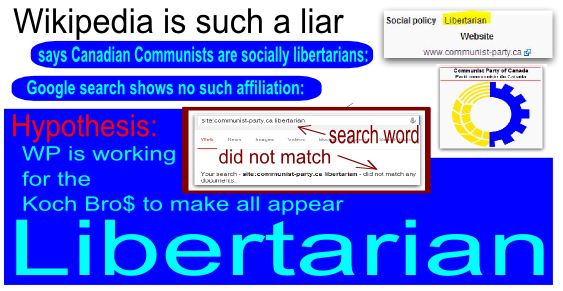
Hi David,
I have been following the L4 operating system's slow growth, and there is now a runtime environment that includes a framebuffer and a windowing service.
I am attempting to continue my socially motivated input into computer/network growth by adding suggestions to the L4-developers mailing list that are much the same as my initial suggestions in 1989 when I was one of the very few socially-motivated engineers (actually, administrator, same thing!)
My first "demand" is a drop-in replacement for Linux, so that common Linux users will not notice much of difference, but L4 developers can develop and implement on one machine. This "demand" specifically attempts to create a pathway for poverty-stricken Third-Worlders who have limited equipment, and especially youthful programmers in the first world who are continually being told that they are wasting their time because Bhopal owns computing.
Of the two, I think youth support is the more important from our perspective because it is nearby, and the youth, of course, are the future. Today's youth are purely open-minded with respect to culture, thanks to the efforts of previous generations--that would be us!
What I want to do is to help guide the purely technical low-level programmers with high-level design so that they can now that the GNU-type freedom strategies do work, and do make money! These programmers need to know that the corporations that they are developing systems for free for, are not necessarily God-like and all-powerful, and that there is computer and network democracy.
I want to focus first on the social aspects, but then quickly get to the nitty-gritty of the lower technical layers. In my very successful implementation of layered models, I think the social aspect is, in fact, the top layer -- morality, if you will. This would imply, I hope, that simply feeding the cell-phone monster with free code is not moral, systems morality means modeling a full system that supports every aspect of humanity in beneficially in efficient ways.
I also see transforming the culture to being multi-localist, where localist literally means local activism (I am still busy attempting to redeine nativism as native activism.) The international nature of computing already supports this with the use of the term "locale" to mean internationalization.
All I am looking to do is create short lists of desireable things so that these things are necessarily included. Linux has fit many of these criteria, but as a monolithic kernel, it has been unable to fulfil other needs, such as a path for hardware driver implementation that does not include re-compiling the kernel, something the vast majority of users cannot do. L4 is also vastly more efficient in every way.
I am still using the banner of "ThinMan" as an data-centric open network VM that still seems to be the obvious solution only to me. The derivation, a ubiquitous thin client, really is excellent marketing, and I own it so I can assure that it is used in the spirit of the public domain, or sector--democracy.
I hope you can find some time to list out criteria with me, as I don't want to be the only person doing this, for obvious democratic reasons.
John
